The modern day life is a fast paced whirlwind that throws numerous things at us at every corner. In such situations it is not uncommon to experience acute anxiety on a daily basis. We are constantly challenged by looming deadlines, towering lists of work at home and many such things which can act as triggers for anxiety.
However there are coping strategies that you can use for anxiety management at times like these.
Related: The Power Of Art Therapy For Anxiety Management : 6 Techniques That Bring Relief
Understanding Acute Anxiety Management:
Anxiety management includes finding those coping strategies that fit you and which you can implement in moments of mild to acute anxiety. Thereby, minimising these anxious feelings and carrying on with the tasks at hand.
1. Mindfulness Meditation for managing daily acute anxiety:
At the core of many anxiety management approaches lies mindfulness meditation. This practice involves bringing your attention to the present moment without judgment, allowing you to observe your thoughts and feelings without becoming overwhelmed by them. Spend a short period of time practicing mindfulness meditation every day to develop more composure and fortitude in the face of stress.
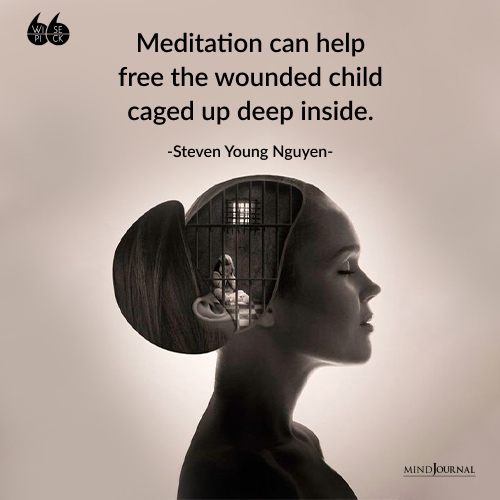
2. Exercises for Deep Breathing for acute anxiety management:
Deep breathing exercises are an effective technique for managing acute anxiety. These exercises work by activating the body’s relaxation response, which can help reduce stress and promote a sense of calm. To practice deep breathing, find a quiet place to sit or lie down comfortably.
Begin by inhaling slowly through your nose, allowing your abdomen to rise as your lungs fill with air. Hold your breath for a few seconds, then exhale slowly through your mouth, letting your abdomen fall. Repeat this cycle several times, focusing on your breath and the sensation of relaxation with each exhale.
By incorporating deep breathing into your routine, you can better manage anxiety and enhance your overall well-being.
3. Progressive Muscle Relaxation for daily acute anxiety:
Progressive Muscle Relaxation (PMR) is a powerful technique for managing daily acute anxiety by systematically tensing and then relaxing different muscle groups in the body. This method helps reduce physical tension and promotes mental calmness. To practice PMR, find a comfortable, quiet space to sit or lie down.
Start by tensing the muscles in your toes and feet, holding the tension for a few seconds, and then slowly releasing it, focusing on the sensation of relaxation. Gradually work your way up through your body—calves, thighs, abdomen, chest, arms, and face—tensing and relaxing each muscle group. By regularly practicing PMR, you can train your body to recognize and release tension, reducing anxiety and enhancing your overall sense of well-being.
4. Journaling for acute anxiety management:
Putting your ideas and emotions on paper can help you see your anxiety triggers more clearly and from a different angle. Keep a journal available and take a few moments each day to jot down your ideas. Find any reoccurring themes or patterns, and come up with some ideas for fixes or coping mechanisms.
Techniques for Handling Acute Daily Anxiety:
It’s critical to have coping mechanisms in place in addition to anxiety management techniques for those instances when anxiety strikes without warning. You can restore your composure and handle difficult situations more skilfully by using these coping methods. Consider the following useful coping mechanisms:
1. Restricting Alcohol and Caffeine Use for acute anxiety management
Restricting alcohol and caffeine intake is crucial for managing acute anxiety effectively. Both substances can significantly impact your nervous system, exacerbating anxiety symptoms. Caffeine, found in coffee, tea, and many soft drinks, is a stimulant that can increase heart rate and induce jitteriness, mimicking or intensifying anxiety.
Alcohol, though initially calming, can disrupt sleep patterns and lead to mood swings, contributing to heightened anxiety levels over time. By limiting or eliminating these substances, you can help stabilize your mood, improve sleep quality, and reduce the physical symptoms of anxiety, ultimately promoting a calmer, more balanced state of mind.

2. Grounding Techniques for daily acute anxiety
These can help you stay grounded in the here and now and reduce feelings of dissociation or disorientation when you’re feeling overtaken by anxiety. Name five objects that you can see, four that you can touch, three that you can hear, two that you can smell, and one that you can taste while concentrating on your five senses.
3. Positive Affirmations for acute anxiety management
Counteract negative self-talk with positive affirmations that affirm your worth and resilience. Repeat affirmations such as “I am capable of handling whatever comes my way” or “I am worthy of love and compassion” to cultivate a more compassionate inner dialogue.
4. Self-Soothing Activities for daily acute anxiety
Whether it’s curling up with a nice book, having a warm bath, or listening to relaxing music, do things that make you happy and comfortable. Engaging in self-soothing hobbies can aid in emotional regulation and offer a much-needed break from worry.
5. Techniques for Distraction for acute anxiety management
Taking your mind off the thing that’s causing your worry can sometimes be the greatest approach to deal with it. Find something to occupy your time, then give the present moment your whole focus. Distraction strategies can assist you in diverting your attention from worried thoughts. Examples of these activities include taking a walk, engaging in a hobby, and spending time with loved ones.
Applying a Wholesome Method for acute anxiety management
Managing anxiety effectively requires a comprehensive strategy that considers the relationship between the mind, body, and spirit. Consider implementing other lifestyle adjustments that support general well-being in addition to the methods already discussed, such as consistent exercise, a nutritious diet, and enough sleep. Recall that dealing with acute anxiety is a continuous process that calls for endurance, self-compassion, and patience.
Related: Hate Talking On The Phone?”: 7 Signs You Might Be Dealing With Phone Anxiety
What are quick techniques to calm anxiety in the moment?
Deep breathing exercises, grounding techniques (like the 5-4-3-2-1 method), and progressive muscle relaxation can quickly reduce acute anxiety.
How can mindfulness help with daily anxiety?
Mindfulness helps by keeping you present, reducing the tendency to ruminate on anxious thoughts. Simple practices like focusing on your breath or a single task can be effective.
What role does physical activity play in managing anxiety?
Regular physical activity releases endorphins, which improve mood and reduce anxiety. Even short bursts of exercise, like a brisk walk, can help manage acute anxiety.
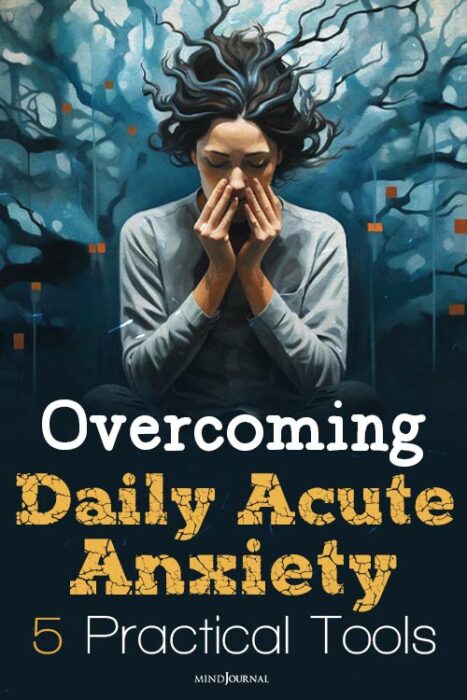
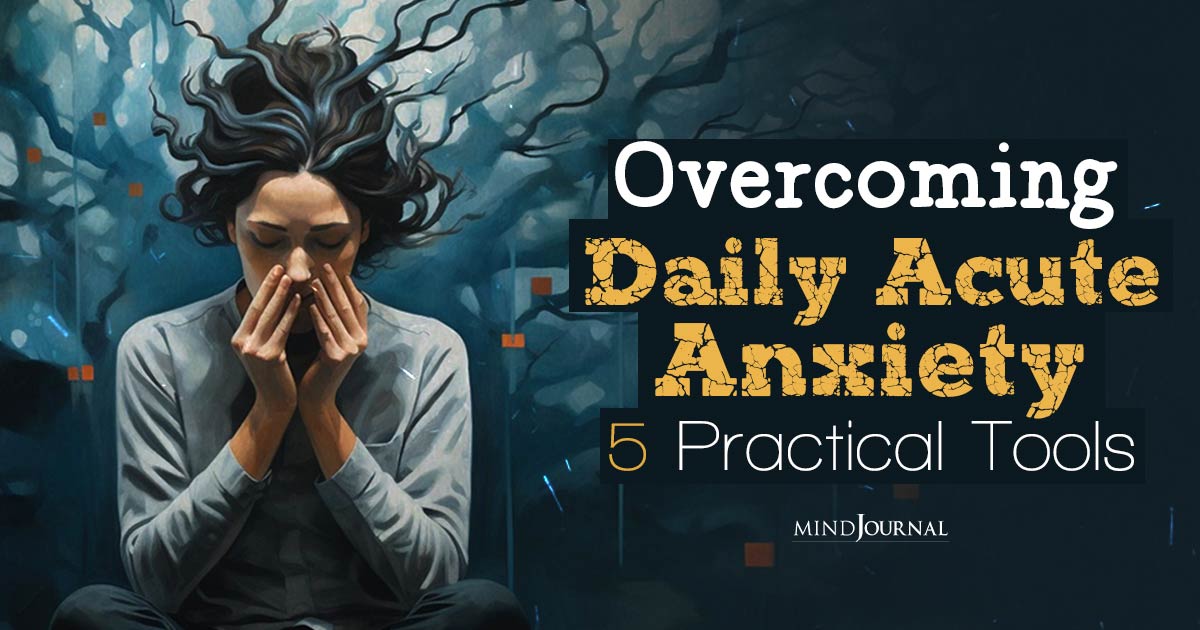

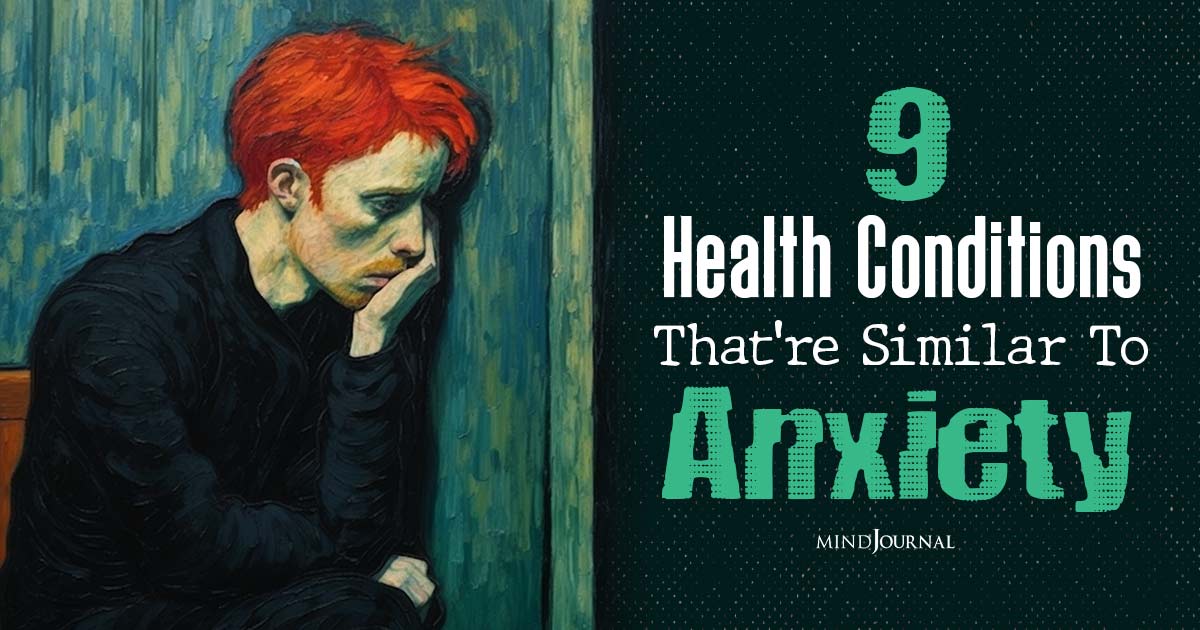

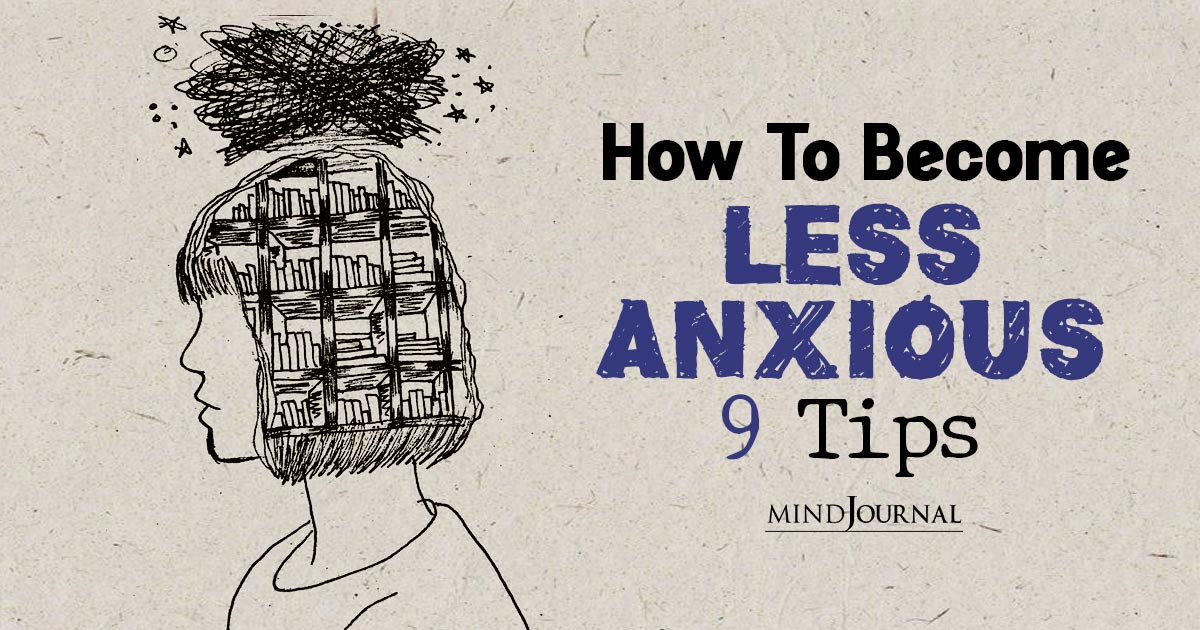
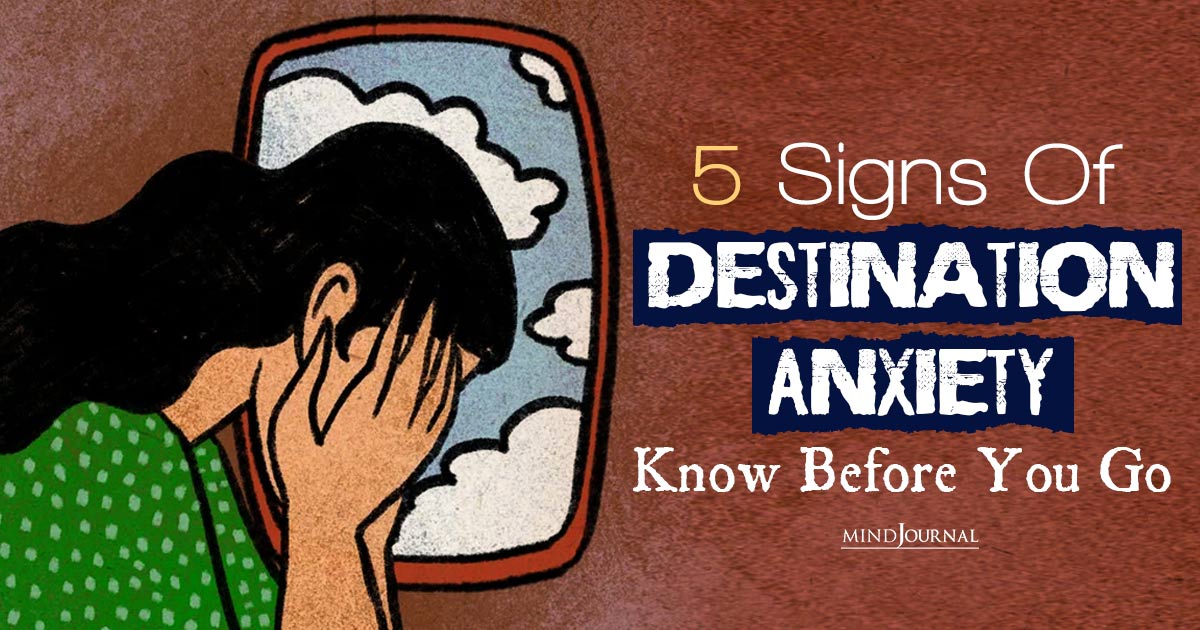
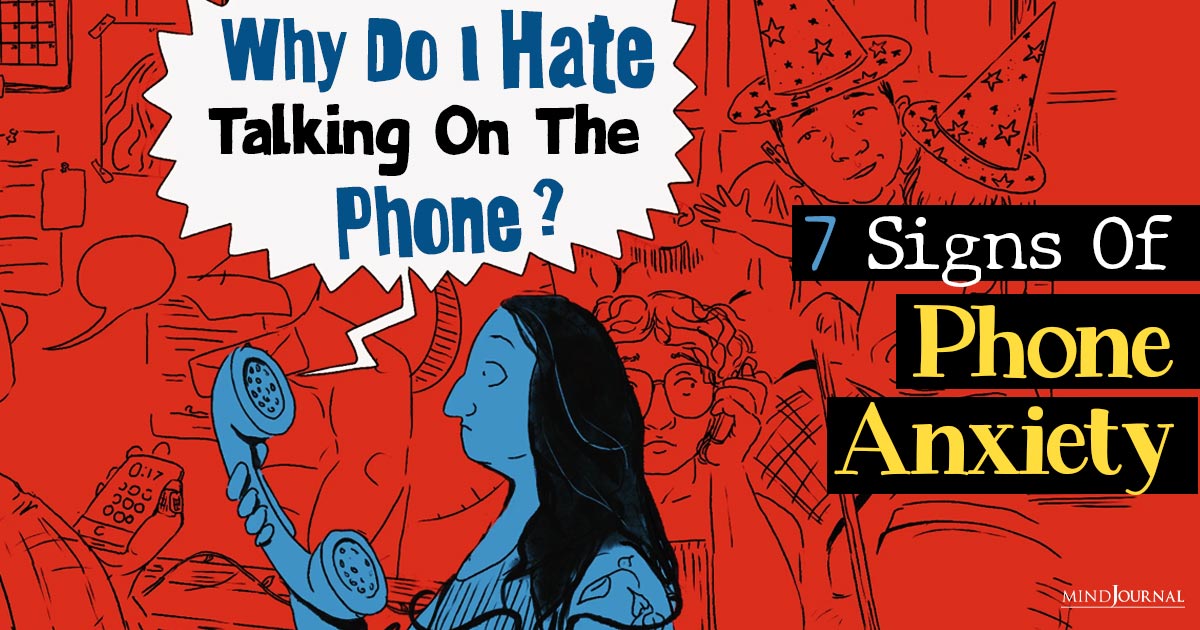
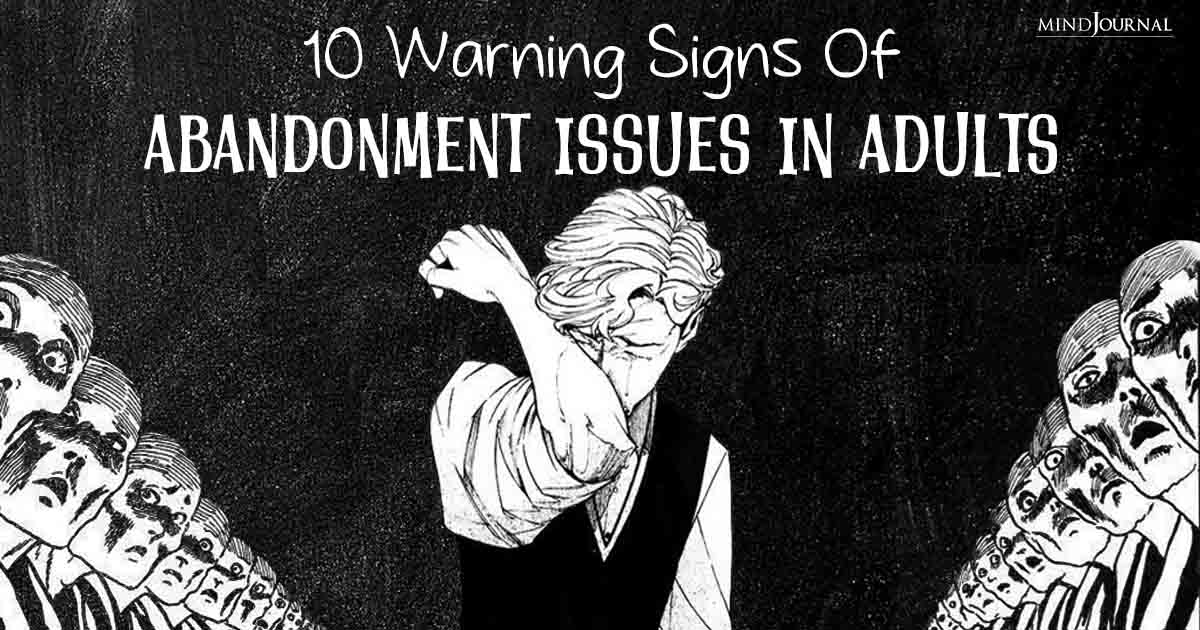
Leave a Reply
You must be logged in to post a comment.